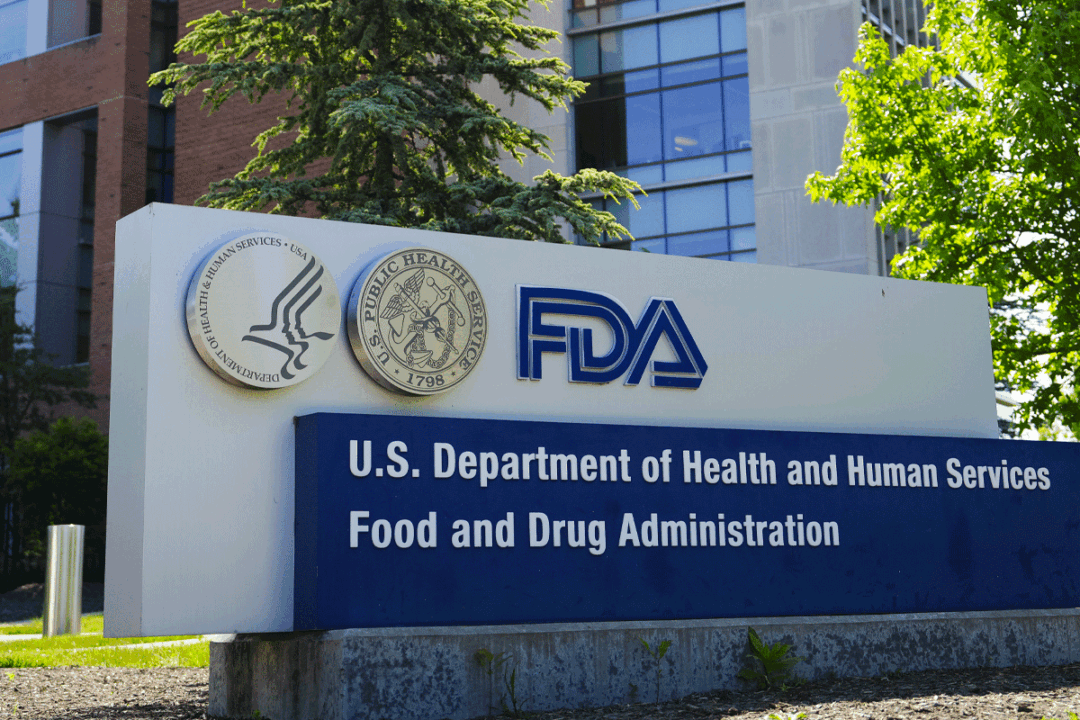The U.S. Food and Drug Administration (FDA) issued a warning that veterinarians and pet owners should be alert for any unusual pet behavior in connection to recalled eyedrops.
In a notice posted on March 13, the FDA’s division on veterinary medicine said that certain recalled eyedrops could cause eye infections in animals. The agency said the products were sold under a number of different brands and were marketed for use in people.





